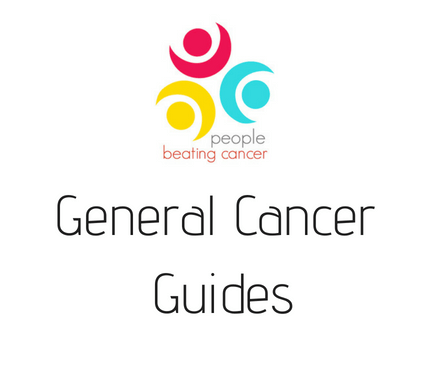Cancer coaches though, say hospitals sometimes fall short, which is where they come in. “Hospitals often have limited resources, so when coaches are available to support patients in taking a more active role in their (multiple myeloma) care, it benefits everyone…”
A multiple myeloma diagnosis means that you must be firing on all cylinders. I’m not being critical when I say that “hospitals sometimes fall short.” Oncologists are busy people. Board certified oncologists are required by law to focus on FDA approved multiple myeloma (MM) therapies. That’s what they do.
I encourage multiple myeloma patients and caregivers to work with their oncologists. One of the first things I tell clients is that they must form a team of people who advise them. Their oncologist is a critical member of this team.
Talking about anti-angiogenic nutrition, supplementation, integrative therapies, mind-body therapies, finanicial toxicity of cancer, etc. is not what conventional oncologists do. It is what I do.

Cancer coaches can provide information and experience that oncology simply can’t. Further, being a long-term MM survivor myself, I see the MM patient and caregiver experience differently than oncologists do.
Have you been diagnosed with multiple myeloma? What stage? What symptoms are you experiencing? Scroll down the page, post a question or comment and I will reply to you ASAP.
Thank you,
David Emerson
- Multiple Myeloma Survivor
- MM Cancer Coach
- Director PeopleBeatingCancer
Recommended Reading:
“Tom Loeswick has faced a series of illnesses in his life, but when he was diagnosed with stage 3 lymphoma in 2012 at the age of 61, he felt helpless, emotionally drained and disconnected…
For a growing number of cancer patients, cancer coaches—some of whom have had cancer themselves—offer help with the physical, emotional and intellectual challenges that can arise during and after treatment.
The coaches give advice in such areas as nutrition, exercise, weight management and other health issues. They also address spiritual concerns and the nuts and bolts of going back to work after treatment is done…
For patients and families, however, a lack of regulation and certification can make it challenging to assess such specialists. What’s more, their services can be expensive, costing $100 to $300 a session, and typically aren’t covered by insurance…
In addition, some critics argue that cancer centers already provide much of the support that cancer coaches say they offer.
“If the hospital oncology team is doing a good job, patients should be getting all the medical and supportive services they need before, during and after treatment without having to pay for it,” says Lillie Shockney, an oncology nurse navigator and administrative director of the Johns Hopkins Breast Center in Baltimore…
Cancer coaches, though, say hospitals sometimes fall short, which is where they come in. “Hospitals often have limited resources, so when coaches are available to support patients in taking a more active role in their cancer care, it benefits everyone,” says the American Cancer Society’s Dawn Wiatrek, strategic director, cancer treatment access…
Alison Gause, an oncology patient navigator at the Cancer Institute of Marin General Hospital in Marin County, Calif., says she sometimes refers patients to cancer coaches when they are finished with treatment. Because cancer patients are often faced with their own mortality, they want to move forward in ways that are new and different from before, Ms. Gause says.
“It’s about being mindful of how a person wants to live after treatment is over,” she says, “and working with a trained coach can help people tap into their own inner strengths and resources.”
Ms. Sadick is a writer in New York. Email reports@wsj.com.”




